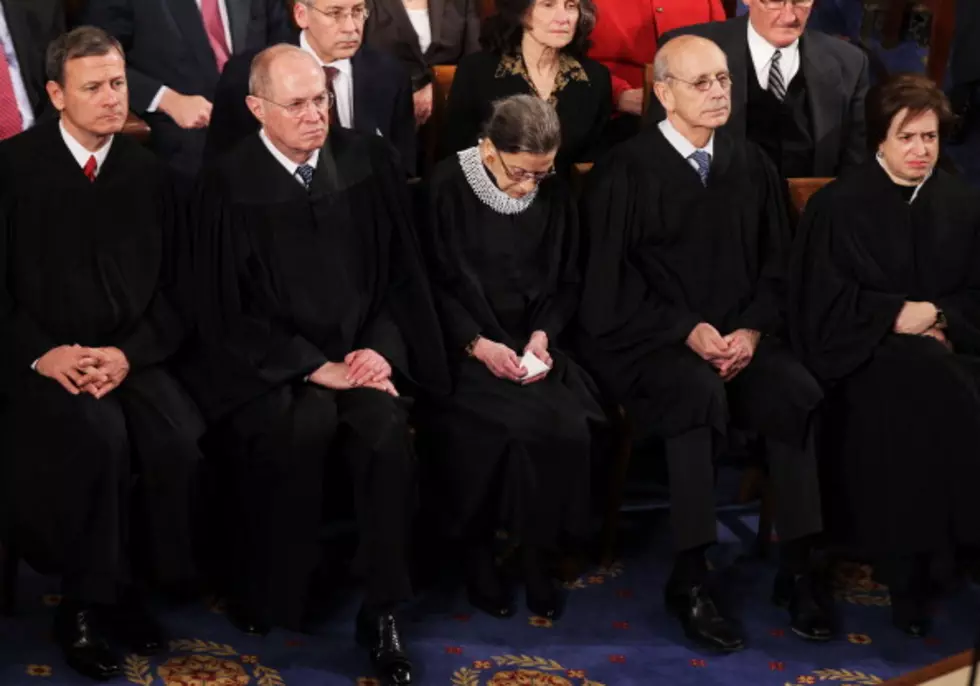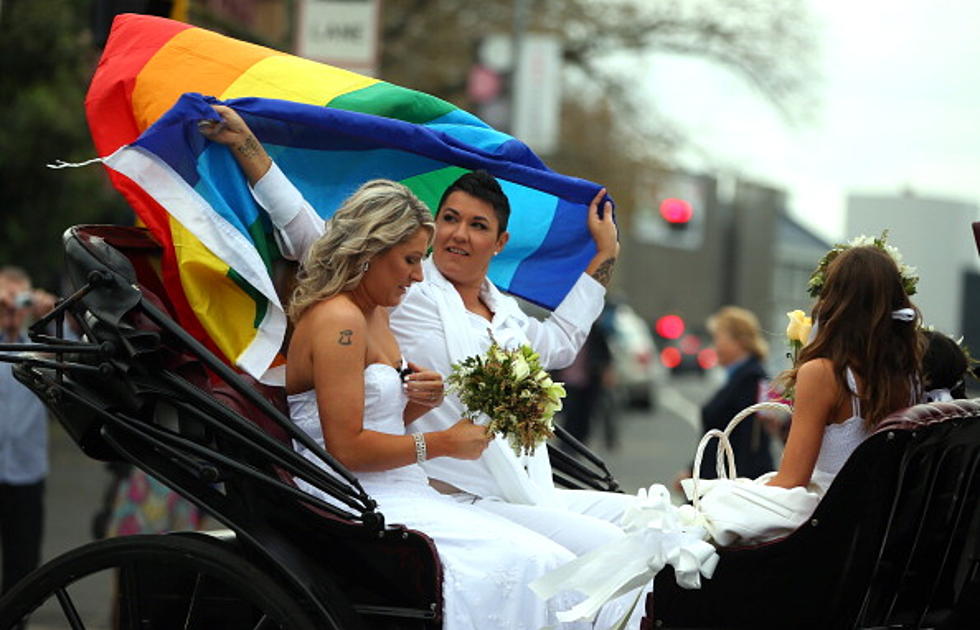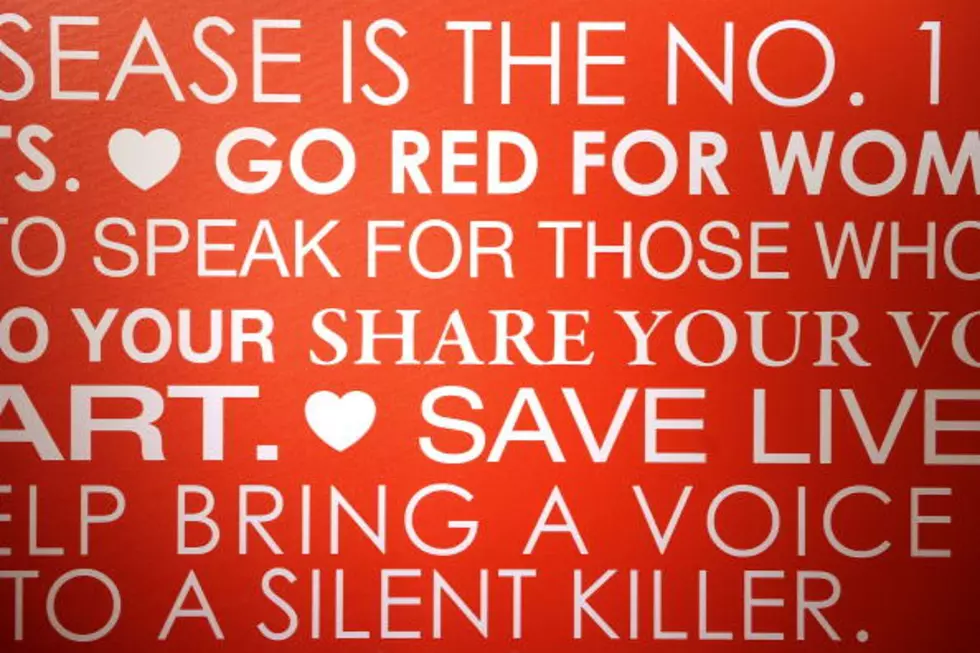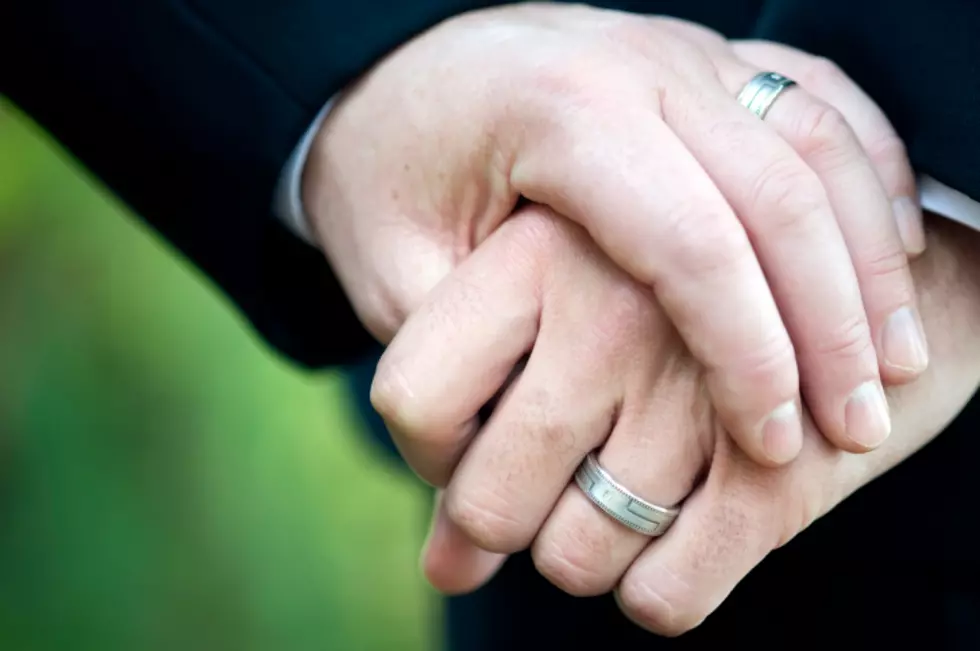
High Court Gay Marriage Decisions Due Wednesday
The Supreme Court is meeting to deliver opinions in two cases that could dramatically alter the rights of gay people across the United States.
The justices are expected to decide their first-ever cases about gay marriage Wednesday in their last session before the court's summer break.
The issues before the court are California's constitutional ban on same-sex marriage and the federal Defense of Marriage Act, which denies legally married gay Americans a range of tax, health and pension benefits otherwise available to married couples.
The broadest possible ruling would give gay Americans the same constitutional right to marry as heterosexuals. But several narrower paths also are available, including technical legal outcomes in which the court could end up saying very little about same-sex marriage.
If the court overturns California's Proposition 8 or allows lower court rulings that struck down the ban to stand, it will take about a month for same-sex weddings to resume for the first time since 2008, San Francisco officials have said.
The high court rulings are arriving amid rapid change regarding gay marriage. The number of states permitting same-sex partners to wed has doubled from six to 12 in less than a year, with voter approval in three states in November, followed by legislative endorsement in three others in the spring.
At the same time, an effort to legalize gay marriage in Illinois stalled before the state's legislative session ended last month. And 30 states have same-sex marriage bans enshrined in their constitutions.
Massachusetts was the first state to allow same-sex couples to marry, in 2004. Same-sex marriage also is legal, or soon will be, in Connecticut, Delaware, the District of Columbia, Iowa, Maine, Maryland, Massachusetts, Minnesota, New Hampshire, New York, Rhode Island, Vermont and Washington.
Roughly 18,000 same-sex couples got married in California in less than five months in 2008, after the California Supreme Court struck down a state code provision prohibiting gay unions.
California voters approved Proposition 8 in November of that year, writing the ban into the state constitution.
Two same-sex couples challenged the provision as unconstitutional and federal courts in California agreed.
The federal marriage law, known by its acronym DOMA, defines marriage as between a man and a woman for the purpose of deciding who can receive a range of federal benefits. Another provision not being challenged for the time being allows states to withhold recognition of same-sex marriages from other states.
DOMA easily passed Congress and was signed into law by President Bill Clinton in 1996, the year of his re-election.
Several federal district and appeals courts struck down the provision. In 2011, the Obama administration abandoned its defense of the law but continued to enforce it. House Republicans are now defending DOMA in the courts. President Barack Obama subsequently endorsed gay marriage in 2012.
The justices chose for their review the case of 83-year-old Edith Windsor of New York, who sued to challenge a $363,000 federal estate tax bill after her partner of 44 years died in 2009.
Windsor, who goes by Edie, married Thea Spyer in 2007 after doctors told them Spyer would not live much longer. She suffered from multiple sclerosis for many years. Spyer left everything she had to Windsor.
Windsor would have paid nothing in inheritance taxes if she had been married to a man.
(Copyright 2013 The Associated Press. All Rights Reserved)
More From New Jersey 101.5 FM









